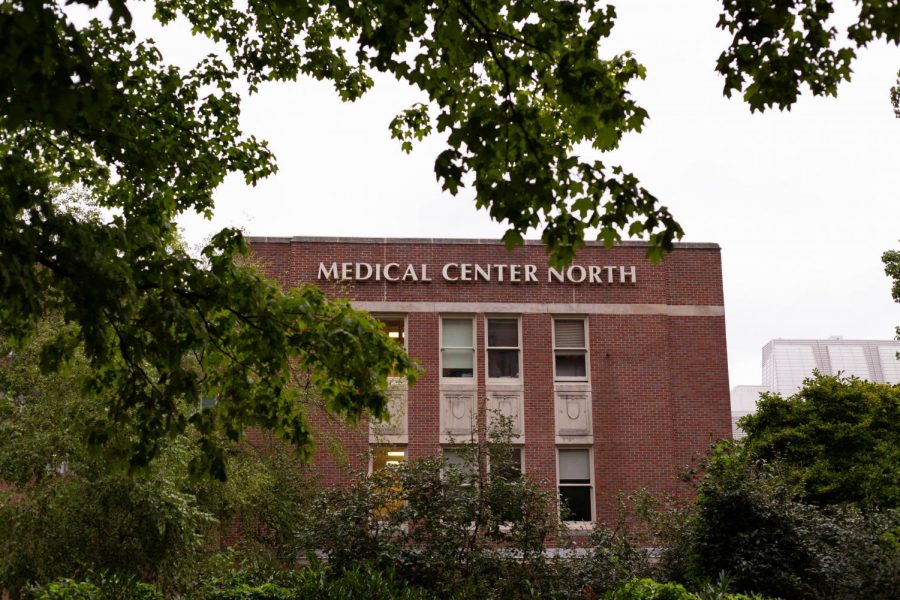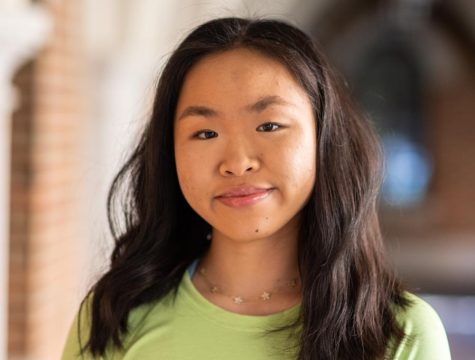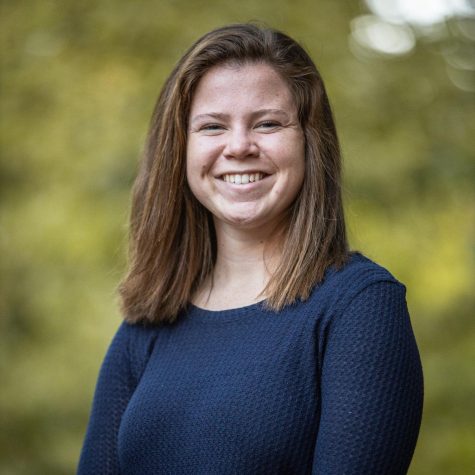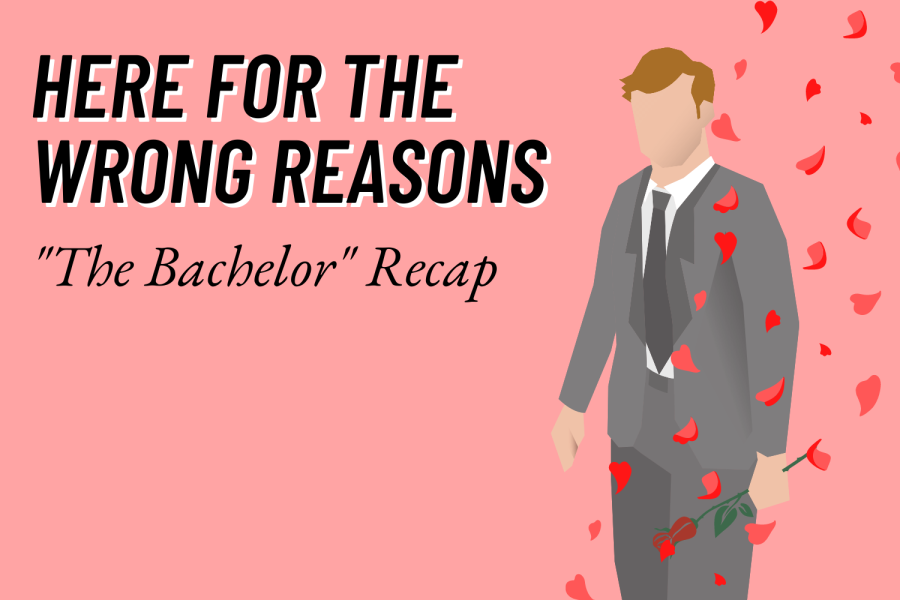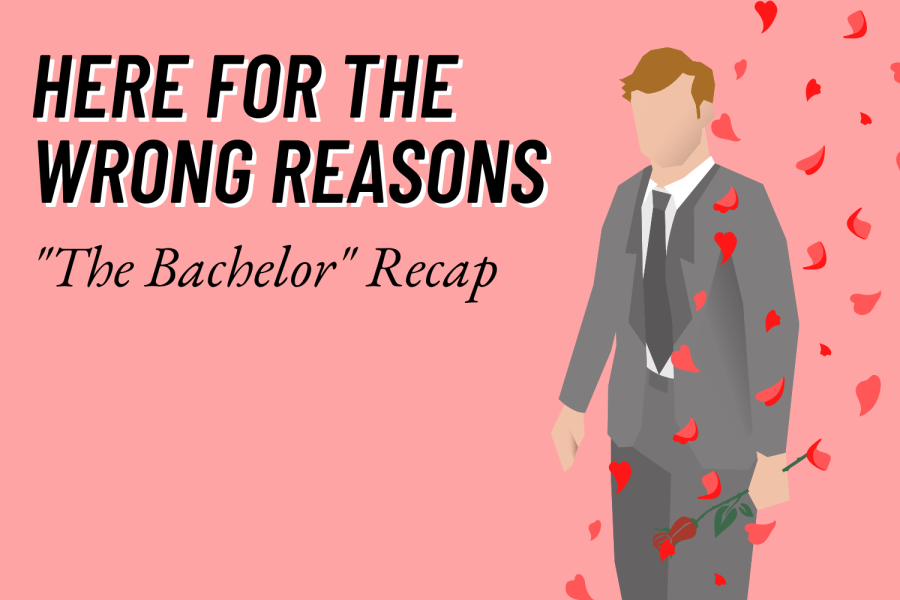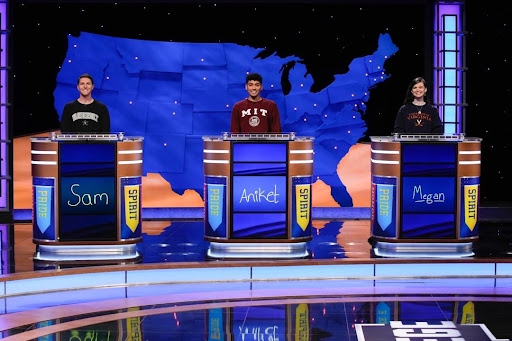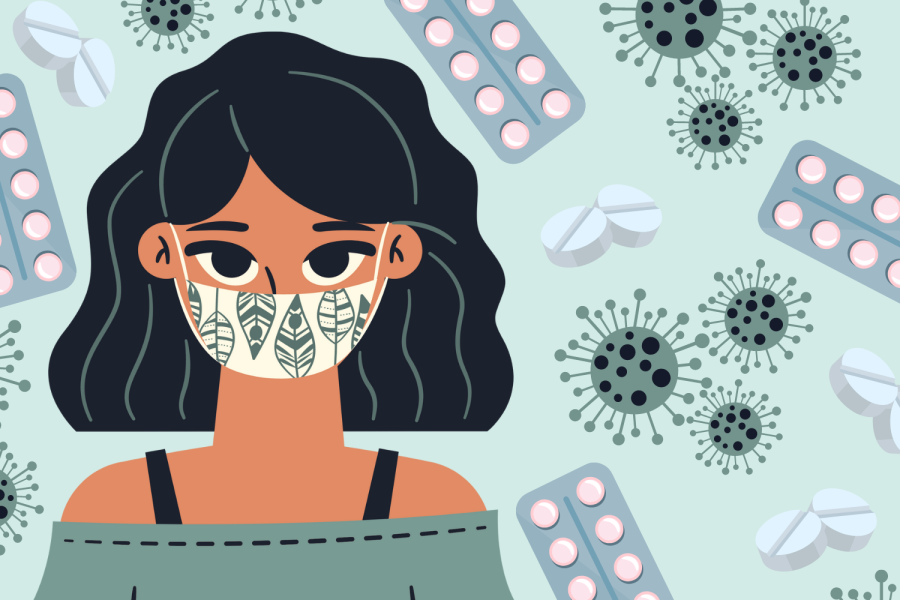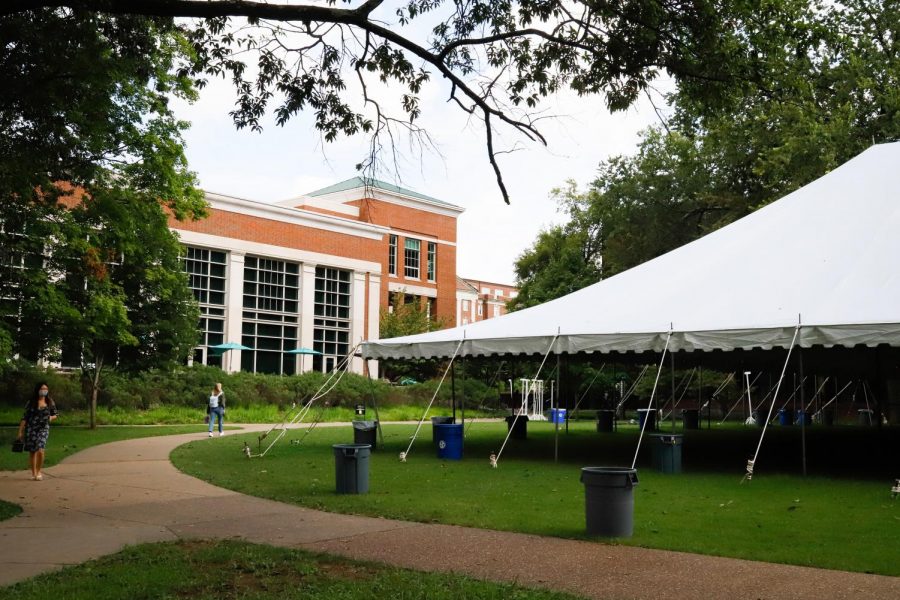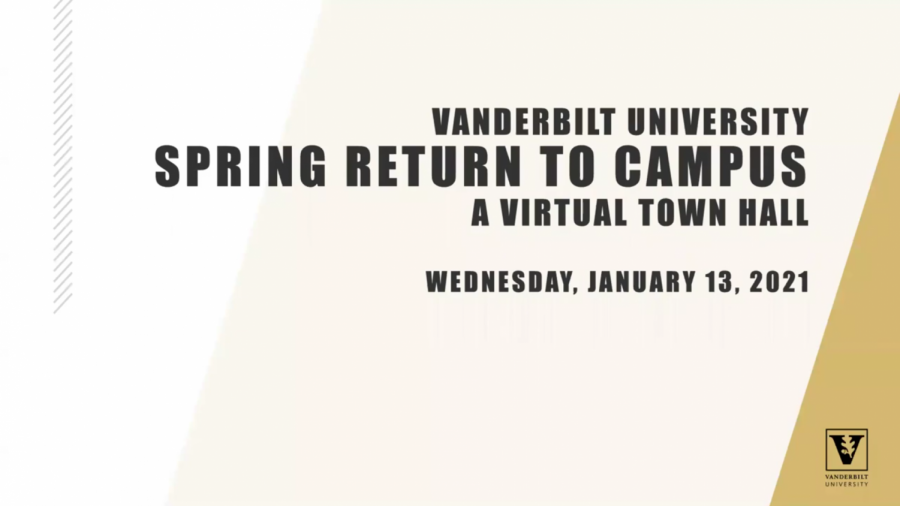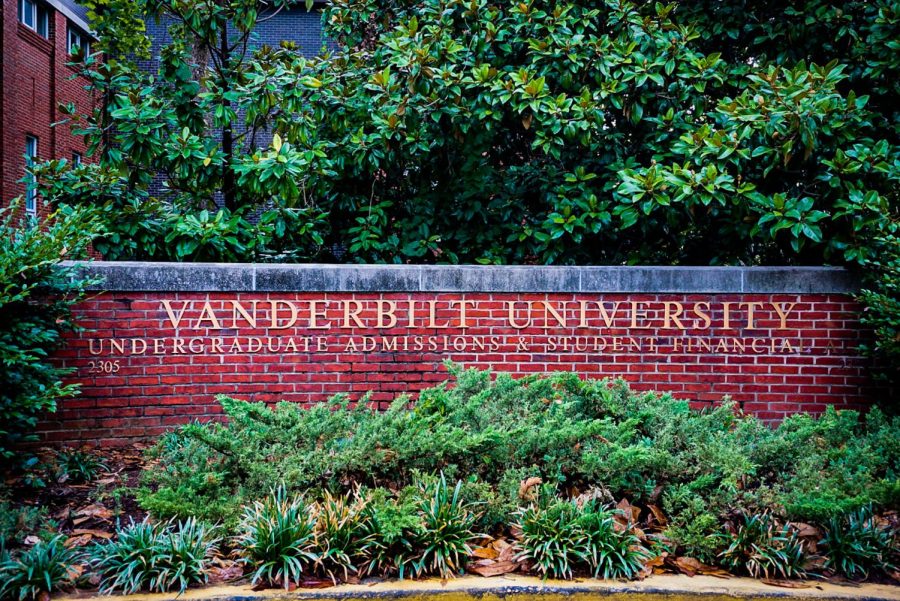On March 3, The Cut, a publication with about 3.3 million followers across their social platforms, published an article deeming masks a waste of money for the general public. Flashforward to the end of March: 197,355 Americans had tested positive for COVID, and 5,206 individuals had died. Now, that number is 209,811 as of Oct. 4.
The Cut is not alone. During the early days of the pandemic, similar sentiments were expressed by a variety of other major news outlets, including Forbes, ABC and The New York Times.
Despite an outpouring of existing evidence at the time suggesting that masks were effective in preventing similar respiratory viruses, the media continued to stress the unnecessities of mask-wearing for the general public, citing minor issues such as a possible mask shortage for essential workers or the possibility of people wearing masks incorrectly. Instead of educating the public on the correct mask-wearing techniques or how to make cloth face masks, the media condemned mask buyers for “hoarding” masks and even labeled mask-wearing a “superstitious behavior.”
Granted, America’s anti-mask sentiment cannot be blamed on the media alone. Other parties, including the U.S. surgeon general, the Centers for Disease Control and Prevention (CDC) and the president himself, expressed doubts on the efficacy of masks during the months of February and March. However, by repeatedly broadcasting these anti-mask messages made by public health “authorities,” the media further ingrained the false idea in the American public. By the time CDC reversed its stance on masks in early April, it was too late to reverse the damage that the media had caused.
A recent study led by UC Berkeley researcher Dekai Wu found that if 80 to 90 percent of the population had masked up within 50 days of the COVID-19 onset, the infection curve would have easily been flattened and the virus eliminated. Instead, because of a misinformed media, almost 215,000 people have died from the virus.
Additionally, the media’s initial anti-mask message might have pressured some mask-believers to forgo their masks in public. As an Asian American, I was well-versed in the culture of mask-wearing. However, despite my family’s urging, I was unwilling to mask up in public when COVID first hit the U.S. in January. At the time, major news outlets mocked Asian Americans for being overcautious. BBC, for example, ran a headline that stated “Chinese diasporas stockpile surgical masks, fret over infection,” while a PBS headline read “Virus rattles Chinese American communities, canceling new year events.”
The media turned our well-intended precautions against us and downplayed our concerns with diction like “fret” and “rattles.”
I didn’t want to be seen with a mask in public, for fear of being perceived as a coward or an inconsiderate mask hoarder.
The idea that the media plays a key role in shaping public opinion is nothing new. As one of the four key factors of socialization, the media shapes our values, behavior and social skills; it dictates how we act in the larger society according to our age, gender and social position.
What is new, however, is the way in which people attain news. A 2018 report published by the Pew Research Center found that one in five Americans routinely get their news from social media, and this number has continued to climb during recent years. Let’s be honest: most of us don’t have the energy to follow a three-hour Senate hearing on the current administration’s response to COVID-19. We do, however, have plenty of time to scroll through social media and look for Dr. Anthony Fauci memes. While the snippets news outlets post on their social media are hardly informative, a recent study has found that they give social media users the illusion of being more informed.
The heavy polarization of the American media also influences our perception of COVID’s severity. Vanderbilt sociologist Dr. Amy Cooter, whose research focuses on American right-wing groups, pointed out in an interview with The Hustler that consuming misinformation from the media can amplify the false ideas or even conspiracy theories that some right-wing groups already had about COVID.
For example, when a certain politician’s anti-mask messages are relayed through the media, “people felt justified in their choice of not wearing a mask if it’s not mandated,” Cooter said.
On the flip side, Cooter noted that if the media encourages mask-wearing, people might begin to question some of their false assumptions. For example, after news outlets first broadcasted President Trump wearing a mask in public, there was an increase in mask wearing in some areas of the United States, Cooter said.
Some media outlets also report COVID-related news out of context, instilling unnecessary unease among the American public. Dr. Todd Rice, a pulmonologist and allergist who has been leading the treatment of COVID-19 patients at Vanderbilt University Medical Center’s intensive care unit, acknowledged the inadequacy in COVID testing in America during an interview with The Hustler. However, Rice stressed that “America has as good, or better, testing than any other place in the world, and it continues to go on that way.”
“Part of the reason why we have so many cases is because we have more widespread testing than many other countries,” Rice said. “Therefore, we are able to diagnose asymptomatic [individuals] or people with mild symptoms.”
In fact, according to Rice, the widespread testing has caused America to have one of the lowest COVID mortality rates.
“That’s something the American public doesn’t get, and the media doesn’t get it,” Rice said.
While the media usually only reports the astronomical number of confirmed COVID cases and deaths, Rice stressed the importance of looking at these two numbers along with the hospitalization and test positivity rates when evaluating the severity of COVID.
Admittedly, the media is usually the only accessible source of information for the American public. The constant relay of contradictory messages between the White House, CDC and other public health agencies adds more confusion than clarity to the public’s understanding of COVID. Furthermore, the average annual cost of Health Sciences Journal subscription skyrocketed to $2,156 in 2019. So, even if a curious member of the general public wants to keep up with COVID research, they might not have the financial ability to do so.
The general public, however, needs to approach all COVID-related news with a critical mindset. Don’t just spend 15 seconds scanning over article headlines; instead, spend time to track down the linked sources in news articles. Additionally, take advantage of open access scientific journals such as ScienceDirect, Journal of the American Medical Association and the New England Journal of Medicine.
As we scroll through our social media or listen to the morning news, it’s important to realize that journalists are not scientists and news articles are not scientific journals. When we place too much trust in the media, we lose our ability to think critically; we forget that journalists cannot give us the entire toolbox to thoroughly evaluate the pandemic.












